Ensuring proper child nutrition is one of the important responsibilities of parents of preschool children. The decisions parents make on types of food significantly determine their growth and overall development. In this post, we will help you understand necessary childhood nutrition facts. We will also provide you some useful guidelines on giving proper nutrition to your little ones.
Table of Contents (link below to the respective sections)
- The Importance of childhood nutrition
- Essential child nutrition basics
- Understanding nutrition for kids
- The child nutrition chart: A helpful tool
- Balanced Diet: Key components of nutrition for kids
- Common challenges in child nutrition
- Health and nutrition facts for pre-schoolers
- Creating a nutrition chart for kids
- Conclusion
The Importance of childhood nutrition
The significance of childhood nutrition cannot be emphasised enough. Preschool age children require proper nutrition to support their growth and development. Healthy nutrition habits created in early life can help avoid different health issues in later life like obesity, diabetes and heart conditions.
Essential child nutrition basics
When it comes to child nutrition, there are several key principles to keep in mind:
- Variety is crucial: Include variety of foods to ensure a balanced intake of nutrients.
- Portion control: Follow age-appropriate portions to prevent excessive feeding.
- Regular meals and snacks: Create an eating schedule with regular timings.
- Limit processed foods: Include fresh food with plenty of nutrients.
- Stay hydrated: Make sure your child drinks plenty of fluids, especially water throughout the day.
These basics are the building blocks of an appropriate diet for children.
Understanding nutrition for kids
Nutrition for kids involves more than taking vegetables and avoiding sweet foods. It involves consuming the ideal quantity of food to support the body and provide it with all the nutrients it needs to flourish.
Key nutrients for pre-schoolers include:
- Proteins for physical growth and immunity.
- Carbohydrates for energy.
- Good fats for brain development.
- Vitamins and minerals for different functions of the body.
- Fiber for digestive health
Knowledge of these components is essential in planning meals that will meet your child’s nutritional requirements.
The child nutrition chart: A helpful tool
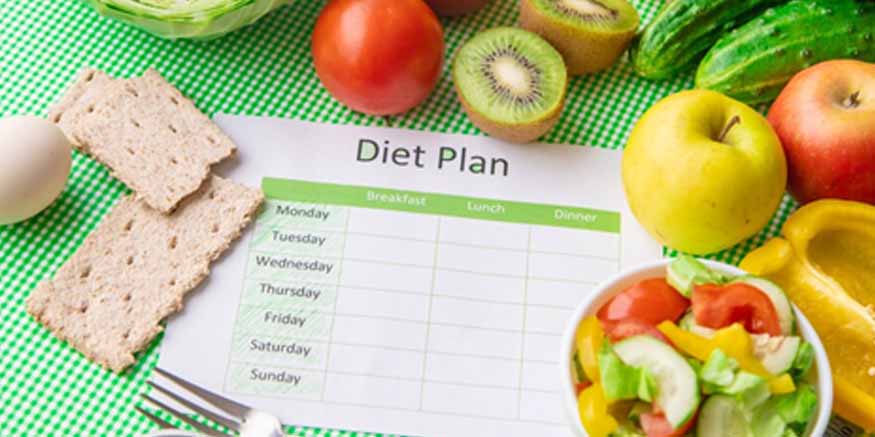
A child nutrition chart can be handy for parents. This nutritional guide depicts suggested portions from various food groups as per the child’s age. A child nutrition chart can help your pre-schooler get a balanced diet in a simplified form.
Balanced Diet: Key components of nutrition for kids
A balanced diet for pre-schoolers should include:
- Fruits and vegetables: Ensure there are different colours to get children the right amount of vitamins and nutrition.
- Whole grains: These supply energy and fibre.
- Lean proteins: Include meat, fish, eggs, and plant-based proteins like beans and lentils.
- Dairy or dairy alternatives: These are necessary for calcium and vitamin D.
- Healthy fats: Rich in foods such as avocados, nuts, and olive oil.
It is important to remember that the cornerstone of child nutrition is balance and variety. This approach is key to ensuring your child’s overall health and well-being.
Common challenges in child nutrition
A common issue most parents are bound to experience is nutrition for kids. Some common issues include:
- Picky eating: Introduce new foods consistently to maintain the interest of children. Remember to be patient.
- Snacking too much: Follow a routine for both meal and snack time.
- Sugary drinks: Limit artificially flavoured drinks. Instead, introduce milk or water.
- Fast food: Prepare healthy and tasty meals at home whenever possible.
- Overeating: Feed your child with proper-sized portions and do not reward with food.
These factors, including balance, variety, and the inclusion of key food groups, are essential for achieving a good standard of child nutrition. By focusing on these elements, you can ensure your child’s nutritional needs are met.
Health and nutrition facts for pre-schoolers
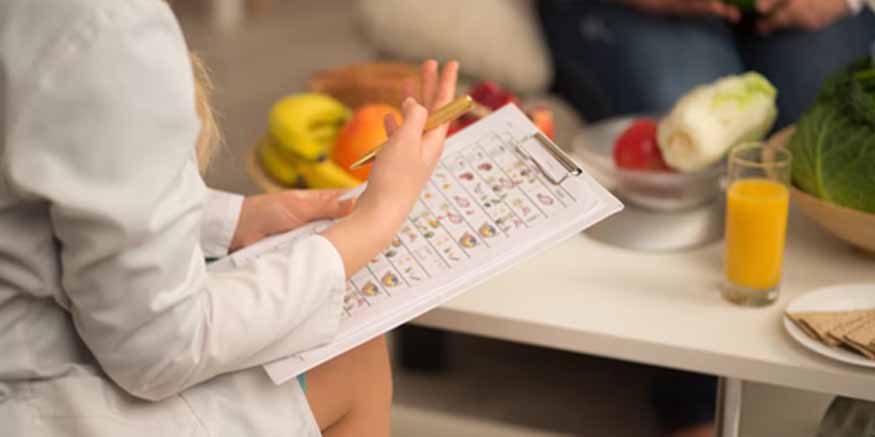
Here are some fundamental health and nutrition facts that would help you make good choices for your child’s healthy nutrition: For example:
- Preschool-aged children require about 1200-1600 calories, depending on their age and level of physical activity.
- Provide three regular meals and two to three small snacks between the normal meals.
- Avoid added sugars in foods and beverages. Give no more than 25g of sugar daily.
- Provide them with regular physical activity at least 60 minutes per day.
These health and nutrition facts help in planning meals and managing the approaches to child nutrition.
Creating a nutrition chart for kids
A nutrition chart for kids is a valuable tool that ensures a balanced diet. Here are some practical tips on how to create a nutrition chart:
- List food groups: The recommended food groups comprise fruits and vegetables, grains, proteins, and dairy products.
- Specify serving sizes: Portion sizes should be proportional to the child’s age.
- Add variety: Write it in colourful and illustrated form to attract their attention and help them understand easily.
- Make it visual: Use various colours and pictures to make it interesting. The goal is to make nutrition charts easy for kids to understand.
- Include a hydration reminder: Remind children the importance of consuming water all day.
A nutrition chart for kids should be an engaging guide, not a strict routine. Use it regularly and change it according to your child’s personal health preferences and overall taste.
Conclusion
As a parent of a pre-schooler, child nutrition can seem overwhelming. However, the above childhood nutrition facts should help you make the right choices for your child. Keep in mind that the purpose of a child nutrition chart is to create correct eating habits that will improve their health throughout their lifetime.
At Mother’s Pet Kindergarten, we are fully aware that diet is crucial for children’s growth and development. Our goal is to support parents in ensuring balanced and nutritious meals and snacks. We will help you understand tools like a child nutrition chart to guide your efforts. We also help you understand to trust your instincts and consult with healthcare professionals when needed. Nevertheless, be patient with your child’s changing tastes and preferences, and celebrate small victories in your journey towards optimal nutrition for kids.
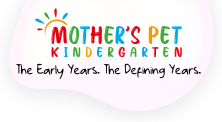
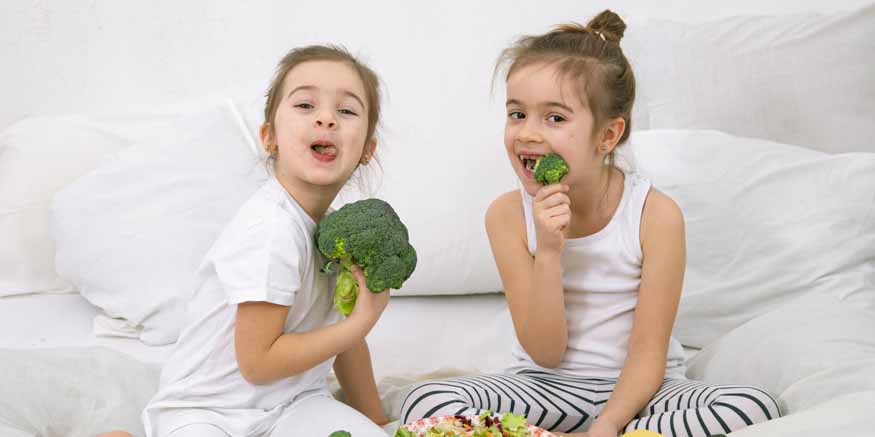







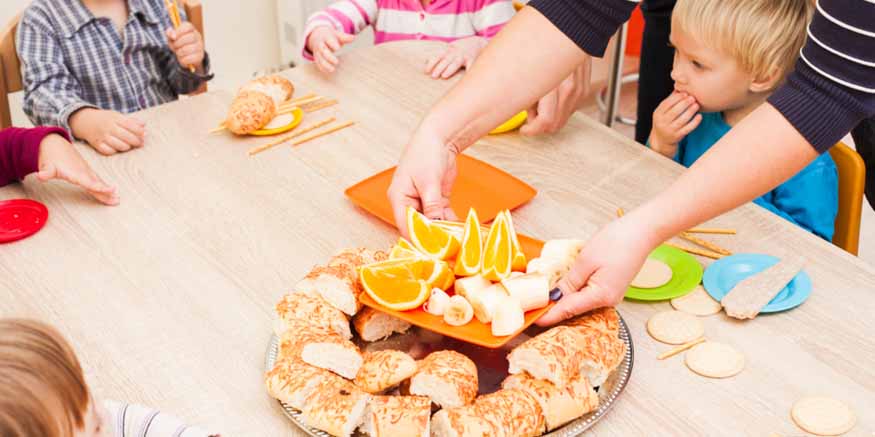



Recent Comments